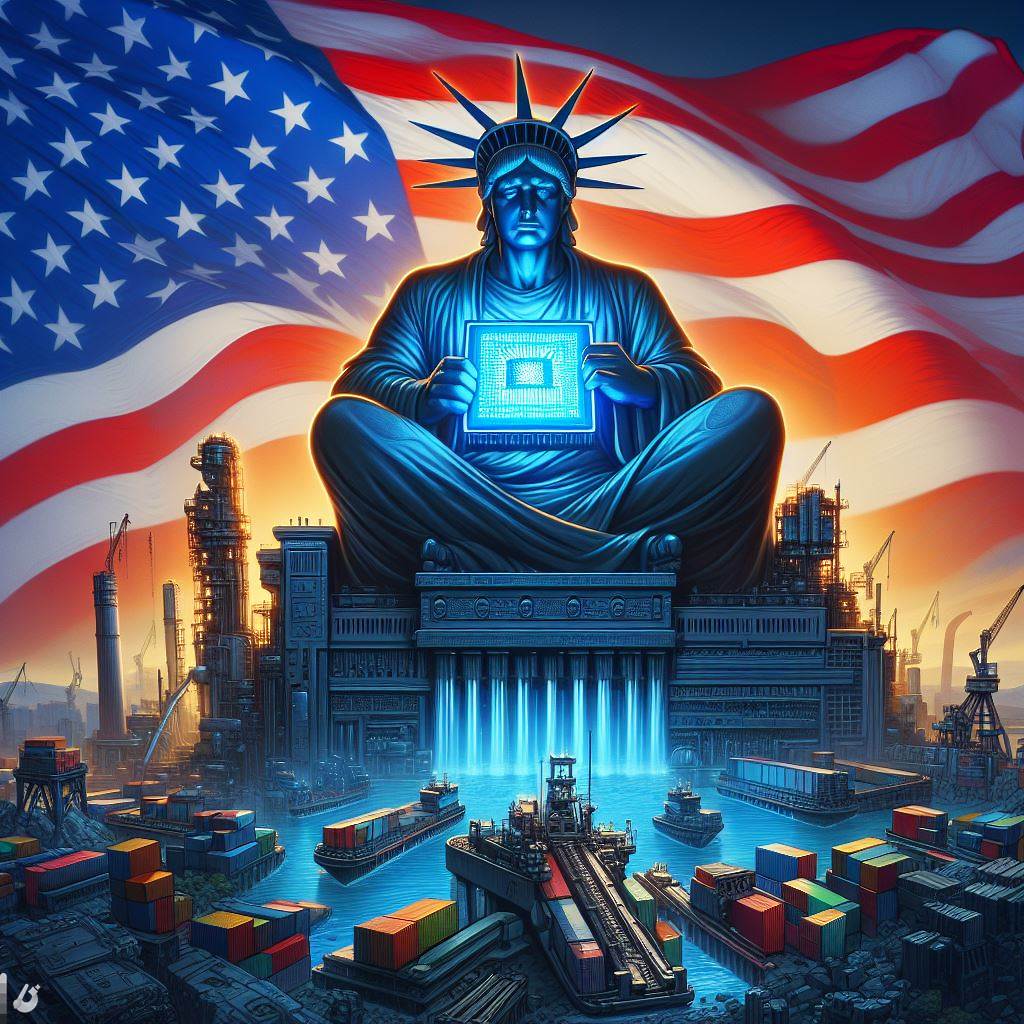
This week in the realm of artificial intelligence, notable events include the U.S. Commerce Department's initiative to evaluate American companies' reliance on Chinese legacy chips, Princeton University's collaboration with the state of New Jersey to establish an AI innovation hub, and the introduction of an AI-native dating app by Enso AI.
U.S. Commerce Department's Survey on Chinese Legacy Chips Dependence
In January, the U.S. Commerce Department is set to launch a survey aimed at assessing the dependence of U.S. companies on Chinese legacy computer chips. These chips, distinct from the recently banned advanced AI chips, play a crucial role in supporting key U.S. industries such as telecommunications, automotive, and defense. Commerce Secretary Gina Raimondo emphasizes that addressing potential threats to the U.S. legacy chip supply chain from non-market actions by foreign governments, particularly China, is imperative for national security.
Gina Raimondo states, "Over the last few years, we've seen potential signs of concerning practices from the PRC to expand their firms' legacy chip production and make it harder for U.S. companies to compete."
AI Model Predicts Life Events Based on Data Analysis
Researchers from Northeastern University, DTU, University of Copenhagen, and ITU collaborated on a project resulting in the development of an AI model named life2vec. This model, utilizing data from six million Danes, can probabilistically predict future life events. The research, published in Nature Computational Science, demonstrates life2vec's ability to make predictions consistent with social science findings. For instance, it predicts that individuals with higher incomes are more likely to have a longer lifespan.
Sune Lehmann, professor at DTU and lead author of the paper, notes, "Scientifically, what is exciting for us is not so much the prediction itself, but the aspects of data that enable the model to provide such precise answers."
Princeton University and New Jersey's AI Innovation Hub
Princeton University and the state of New Jersey have unveiled plans to establish an AI innovation hub, with funding coming from the state and private sector partnerships. The hub aims to bring together AI researchers, industry leaders, startups, and collaborators to advance research and development, promote ethical AI use, and foster workforce development. New Jersey Governor Phil Murphy sees AI as an opportunity to address significant global challenges.
Governor Murphy states, "With AI, we have a chance to confront — and perhaps overcome — some of the greatest challenges facing our world."
Enso AI's AI-Native Dating App with Avatars
Enso AI introduces a unique AI-native dating app that employs avatars to go on first dates before users meet in person. The AI avatars are trained on users' personalities, tastes, and preferences to assess compatibility with prospective partners' avatars. Only if the avatars get along will it lead to a real-life first date. The app's concept, created by Ben Chiang, formerly of Snapchat and Uber, aims to enhance the dating experience through AI technology.
These developments showcase the diverse applications of AI, from national security concerns and scientific predictions to academic collaboration and innovative approaches to modern dating.